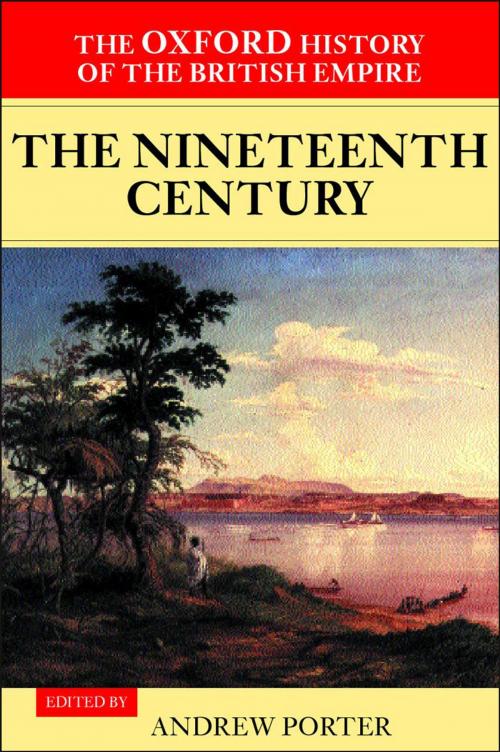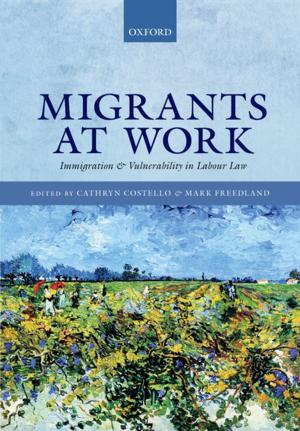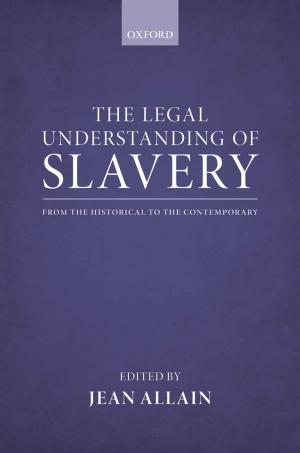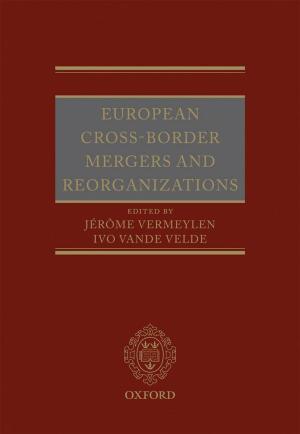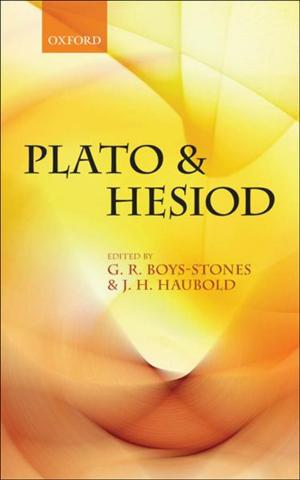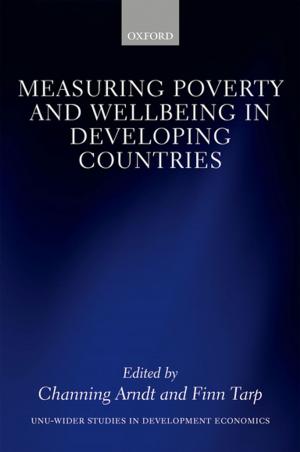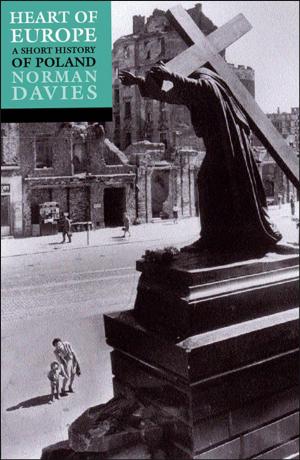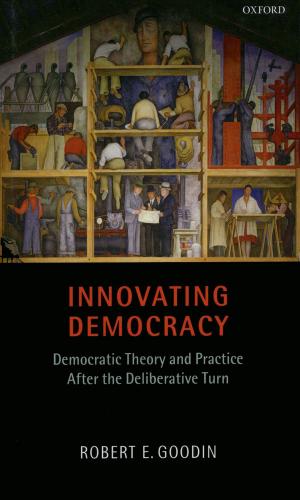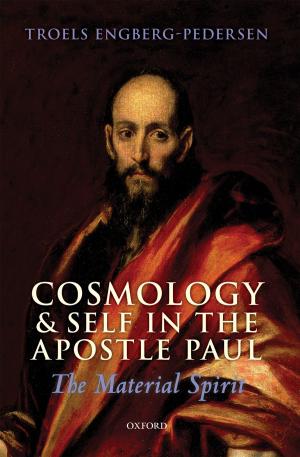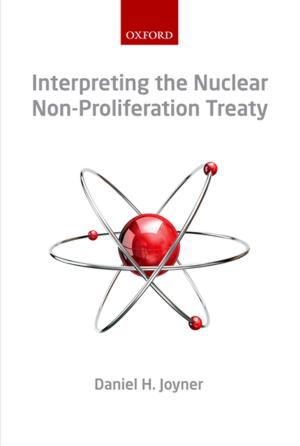The Oxford History of the British Empire: Volume III: The Nineteenth Century
Nonfiction, History, World History, British| Author: | Wm Roger Louis | ISBN: | 9780191647680 |
| Publisher: | OUP Oxford | Publication: | July 26, 2001 |
| Imprint: | OUP Oxford | Language: | English |
| Author: | Wm Roger Louis |
| ISBN: | 9780191647680 |
| Publisher: | OUP Oxford |
| Publication: | July 26, 2001 |
| Imprint: | OUP Oxford |
| Language: | English |
The Oxford History of the British Empire is a major new assessment of the Empire in the light of recent scholarship and the progressive opening of historical records. From the founding of colonies in North America and the West Indies in the seventeenth century to the reversion of Hong Kong to China at the end of the twentieth, British imperialism was a catalyst for far-reaching change. The Oxford History of the British Empire as a comprehensive study helps us to understand the end of Empire in relation to its beginning, the meaning of British imperialism for the ruled as well as for the rulers, and the significance of the British Empire as a theme in world history. Volume III of The Oxford History of the British Empire covers the long nineteenth century, from the achievement of American independence in the 1780s to the eve of world war in 1914. This was the period of Britain's greatest expansion as both empire-builder and dominant world power. The volume is divided into two parts. The first contains thematic chapters, some focusing on Britain, others on areas at the imperial periphery, exploring those fundamental dynamics of British expansion whcih made imperial influence and rule possible. They also examine the economic, cultural, and institutional frameworks whcih gave shape to Britain's overseas empire. Part 2 is devoted to the principal areas of imperial activity overseas, including both white settler and tropical colonies. Chapters examine how British interests and imperial rule shaped individual regions' nineteenth-century political and socio-economic history. Themes dealt with include the economics of empire, imperial institutions, defence, technology, imperial and colonial cultures, science and exploration. Attention is given not only to the formal empire, from Australasia and the West Indies to India and the African colonies, but also to China and Latin America, often regarded as central components of a British `informal empire'.
The Oxford History of the British Empire is a major new assessment of the Empire in the light of recent scholarship and the progressive opening of historical records. From the founding of colonies in North America and the West Indies in the seventeenth century to the reversion of Hong Kong to China at the end of the twentieth, British imperialism was a catalyst for far-reaching change. The Oxford History of the British Empire as a comprehensive study helps us to understand the end of Empire in relation to its beginning, the meaning of British imperialism for the ruled as well as for the rulers, and the significance of the British Empire as a theme in world history. Volume III of The Oxford History of the British Empire covers the long nineteenth century, from the achievement of American independence in the 1780s to the eve of world war in 1914. This was the period of Britain's greatest expansion as both empire-builder and dominant world power. The volume is divided into two parts. The first contains thematic chapters, some focusing on Britain, others on areas at the imperial periphery, exploring those fundamental dynamics of British expansion whcih made imperial influence and rule possible. They also examine the economic, cultural, and institutional frameworks whcih gave shape to Britain's overseas empire. Part 2 is devoted to the principal areas of imperial activity overseas, including both white settler and tropical colonies. Chapters examine how British interests and imperial rule shaped individual regions' nineteenth-century political and socio-economic history. Themes dealt with include the economics of empire, imperial institutions, defence, technology, imperial and colonial cultures, science and exploration. Attention is given not only to the formal empire, from Australasia and the West Indies to India and the African colonies, but also to China and Latin America, often regarded as central components of a British `informal empire'.
